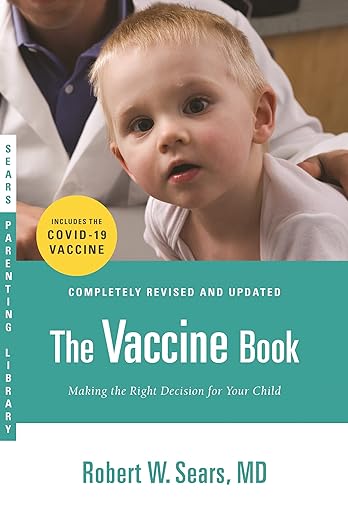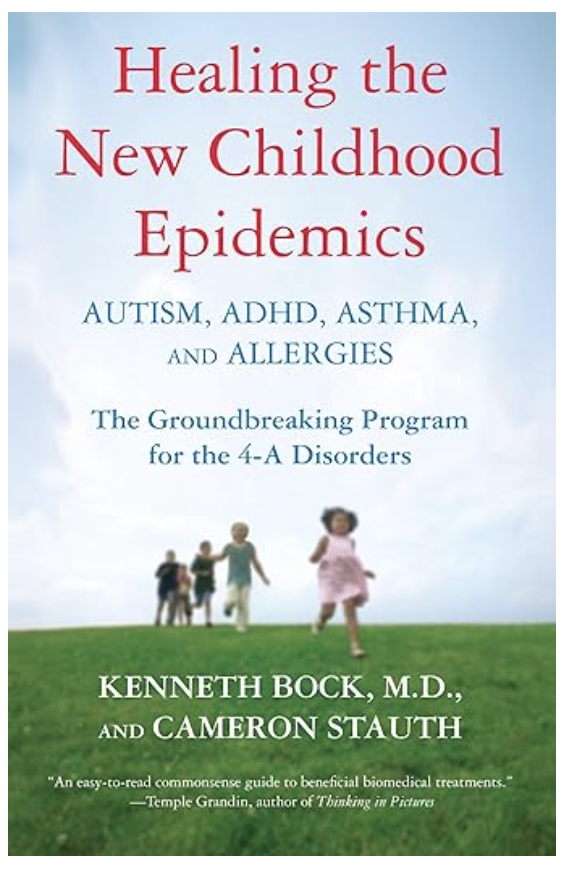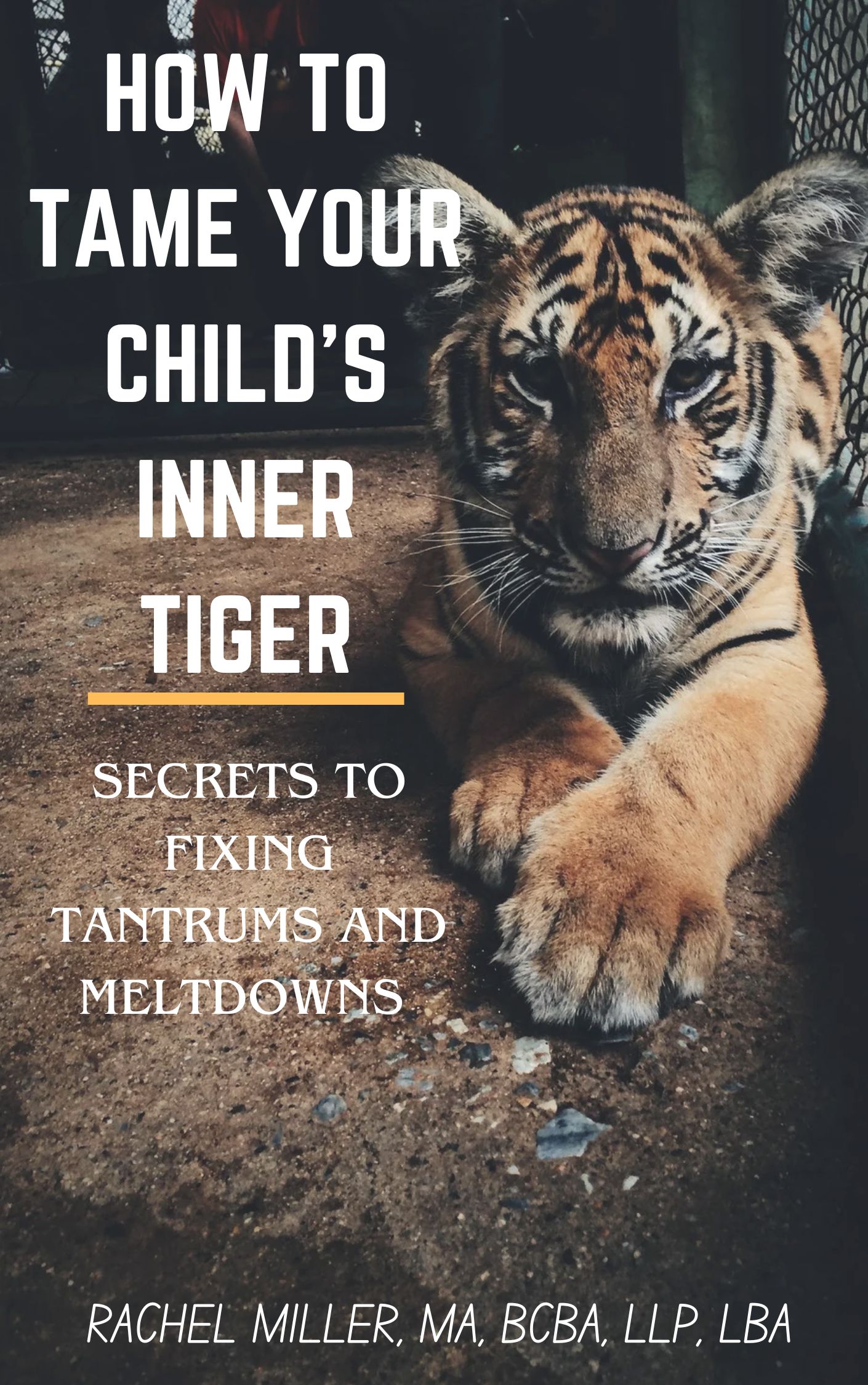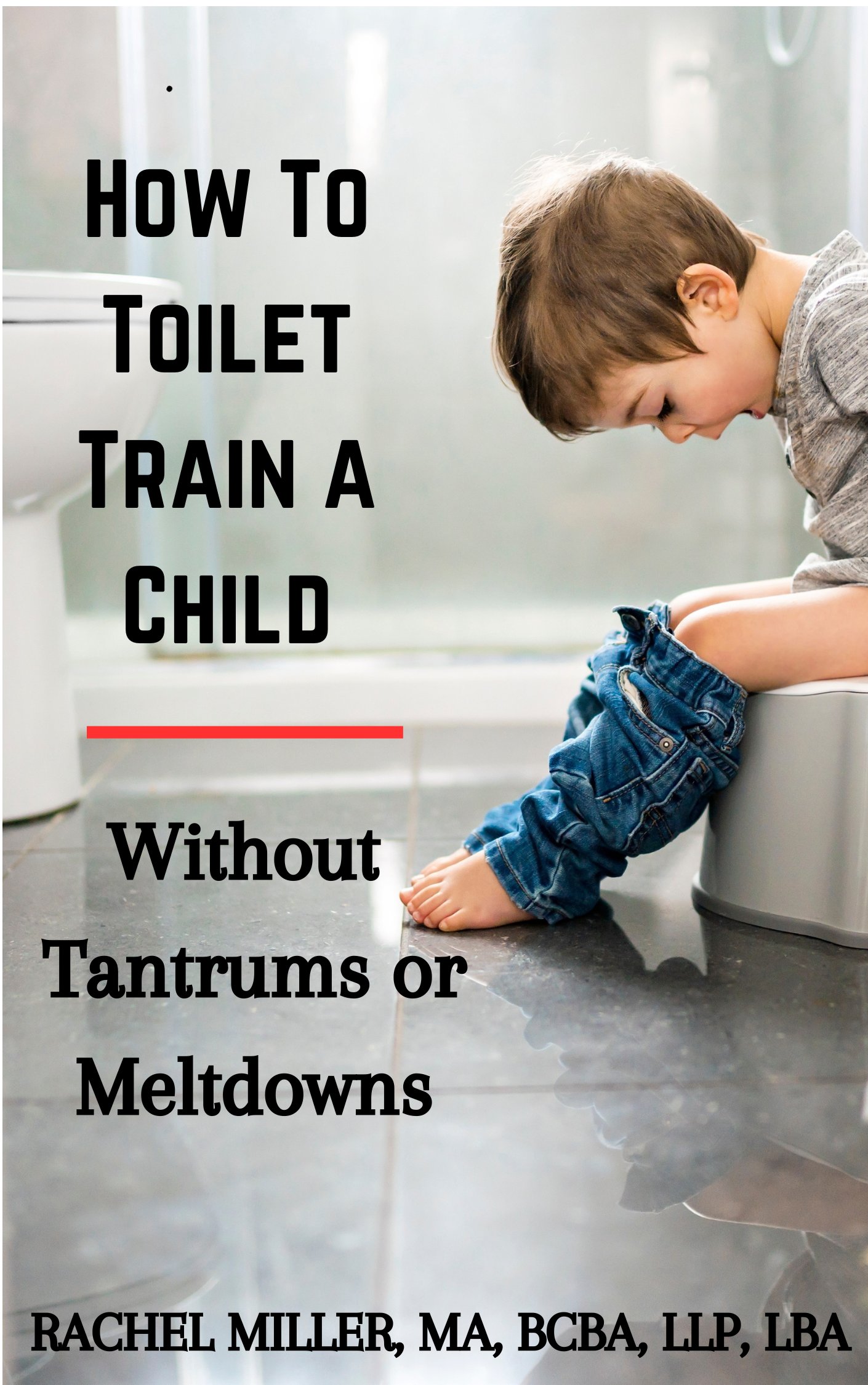MMR Vaccine and Autism:
Is There Really a Link?

The debate over the measles, mumps, and rubella - MMR vaccine and autism, has been ongoing for more than two decades. Much of the controversy began in the late 1990s with a now-discredited study that sparked widespread concern among parents. This article explores the history of the controversy, the main theories that fueled it, what the research actually shows, and how parents can make informed decisions about vaccinations.
The Origin of the MMR Vaccine and Autism Controversy
The most well-known claim of a link between the MMR vaccine and autism came from Andrew Wakefield, a British surgeon and medical researcher. In 1998, Wakefield and his colleagues published a study in The Lancet suggesting that children developed developmental regression and gastrointestinal issues shortly after receiving the MMR vaccine.
The study received massive media coverage, alarming parents and leading to a drop in vaccination rates worldwide. However, within a few years, independent researchers were unable to replicate Wakefield’s findings. Investigations revealed serious problems:
- The study included only 12 children, far too few to support broad conclusions.
- Data was selectively reported and manipulated.
- Wakefield had undisclosed financial ties to lawyers preparing lawsuits against vaccine manufacturers.
Because of these issues, The Lancet fully retracted the paper in 2010, and Wakefield lost his medical license. It does make you wonder if his results were proven to be invalid due to the effect they had on parents refusing to give their children this vaccine. He still stands by his research, regardless of how he has been discredited.
What the Research Shows Today
Since Wakefield’s publication, numerous large-scale studies across multiple countries have looked for any connection between the MMR vaccine and autism. The results being told to the public are consistent:
- No evidence has been found linking the MMR vaccine to autism.
- Autism diagnoses often appear around the same age when children receive the MMR shot, which has fueled parents to blame the shot.
- Vaccination has proven to be highly effective at preventing measles, mumps, and rubella—diseases that can cause serious complications and even death.
However, more recently in 2025, there are appears to be more information coming forth that has parents even more convinced that vaccines are contributing to the cause of autism.
Theories That Have Fueled the Debate
Although mainstream science has found no link, several theories have attempted to explain why some people believe there could be a connection.
1. Low-Grade Measles Infection in the Gut
One theory suggests that the measles portion of the vaccine causes lingering infection in the intestines, leading to gastrointestinal problems and difficulties digesting gluten or casein. This, in turn, is thought to produce opioid-like compounds that might trigger autistic symptoms. Some parents report improvement in their children’s symptoms when switching to a gluten-free, casein-free diet.
2. The Rubella Connection
Rubella (German measles) has long been recognized as a cause of congenital disabilities and developmental disorders, including autism, when contracted during pregnancy. Because the MMR vaccine contains a weakened rubella virus, some argue it could play a role in autism development.
3. Use of Fetal Tissue in Vaccine Production
Another concern among parents involves the use of human fetal cells in the production of some vaccines, including MMR. While no actual fetal tissue is present in the final vaccine, the idea has raised moral and ethical questions for some families.
Some speculate that exposure to these cells could trigger an autoimmune response linked to autism. Parents concerned about this issue sometimes request alternative vaccines, such as separate measles and mumps shots, although these are not always readily available.
Making Informed Decisions About Vaccination
Parents naturally want to make the best choices for their children. Sorting through conflicting information online can be overwhelming, but here are a few guiding principles:
- Check out one of the following books to get more information:
Ask your healthcare provider questions—open discussions can help address specific concerns and clarify misconceptions. Find healthcare providers open to alternative schedules if that's what you feel you need: https://drgreenmom.com/find-a-vaccine-friendly-doctor/
Alternative Perspectives
Some alternative health practitioners, such as corrective chiropractors, argue that autism and other illnesses may stem from spinal misalignments, or "subluxations." Others promote dietary interventions, detoxification approaches, or natural therapies. While families may explore these complementary options, it’s important to pair them with scientifically supported medical care that includes blood work and other types of lab tests to demonstrate their effectiveness or need in the first place.
The Bottom Line on MMR and Autism
The claim that the MMR vaccine causes autism originated from a retracted study and has not been supported by credible scientific evidence at this time. However, the controversy has highlighted the importance of transparency, ethical research, and informed decision-making. For parents, the best approach is to stay educated, weigh evidence carefully, go with what feels best for you and your family and consult trusted medical professionals.
If you haven't already, be sure to check out my ebooks, now on Amazon!



